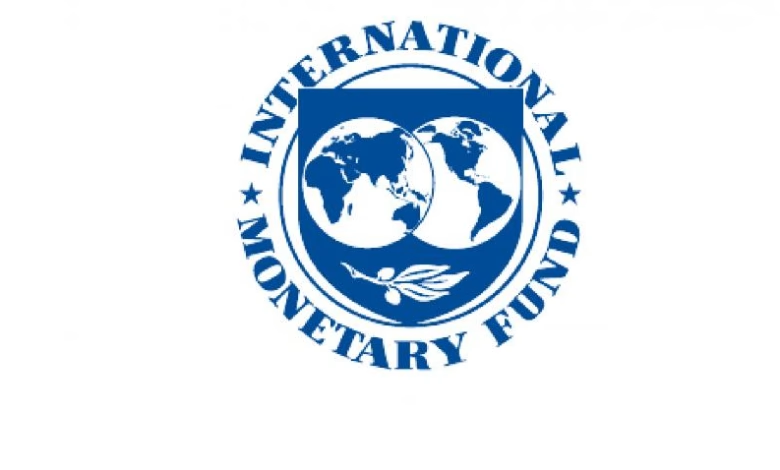IMF Upgrades Global Growth Forecast for 2025 & 2026

- IMF urges structural reforms and fiscal responsibility to support sustainable growth
- Trade tensions, geopolitical instability, and policy uncertainty remain key threats
- IMF now expects 3.0% in 2025 and 3.1% in 2026
The International Monetary Fund (IMF) has raised its global economic growth projections, citing improved fiscal dynamics and a weakening U.S. dollar that is boosting global demand.
In its July 2025 World Economic Outlook update, the IMF now forecasts global GDP growth of 3.0% in 2025 and 3.1% in 2026, up from the earlier estimates of 2.8% and 3.0%, respectively, released in April.
The revision is driven by stronger economic activity ahead of expected tariff hikes, looser trade restrictions, and expansionary fiscal policies in several key economies.
Although global inflation is expected to decline, the IMF cautions that inflation in the United States could remain above target, potentially disrupting interest rate stability.
“Global headline inflation is projected to fall to 4.2% in 2025 and 3.6% in 2026, in line with April estimates,” the IMF noted. “However, inflation paths vary significantly across countries, with the U.S. likely to face sustained inflation pressures.”
Despite the positive outlook, the IMF warns that risks remain skewed to the downside, including intensifying trade disputes, policy unpredictability, and geopolitical tensions.
To ensure durable global growth, the Fund urges governments to prioritize macroeconomic stability, fiscal discipline, and the creation of a predictable investment environment.
“A more predictable global trade framework and lower tariffs could boost growth further,” the report added. “Restoring confidence, safeguarding financial and price stability, rebuilding fiscal buffers, and implementing structural reforms are essential.”
Monetary Policy Guidance
On monetary policy, the IMF recommends that central banks tailor responses to their respective domestic conditions, especially as trade tensions persist.
Countries less affected by tariff escalations could gradually ease monetary policy to stimulate demand, the report suggests.
“Central banks must carefully adjust monetary settings based on national contexts to preserve economic and financial stability,” the IMF advised.






